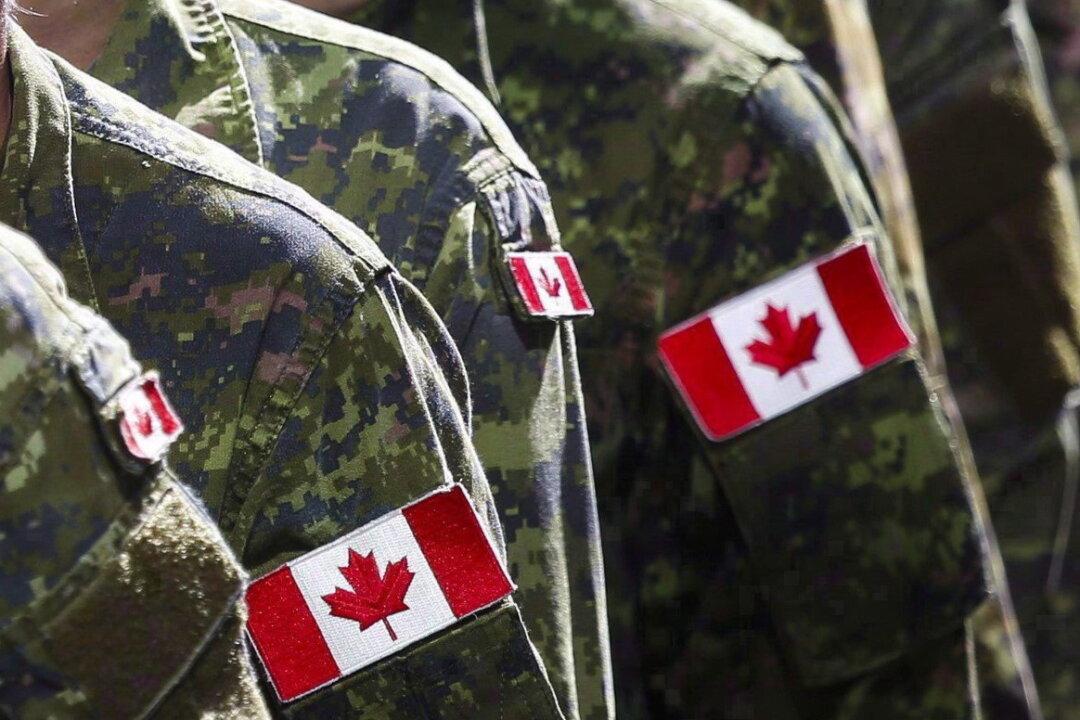China and Russia consider themselves to be at war with Canada and Western democracies, and are showing a willingness to launch large-scale violent conflicts, which Canada must prepare for, the head of the Canadian Armed Forces (CAF) told parliamentarians.
Chief of Defence Staff Gen. Wayne Eyre made the remark during a House of Commons standing committee on national security on Oct. 6, where he testified about the threat posed to Canada by the authoritarian regimes of China and Russia.





